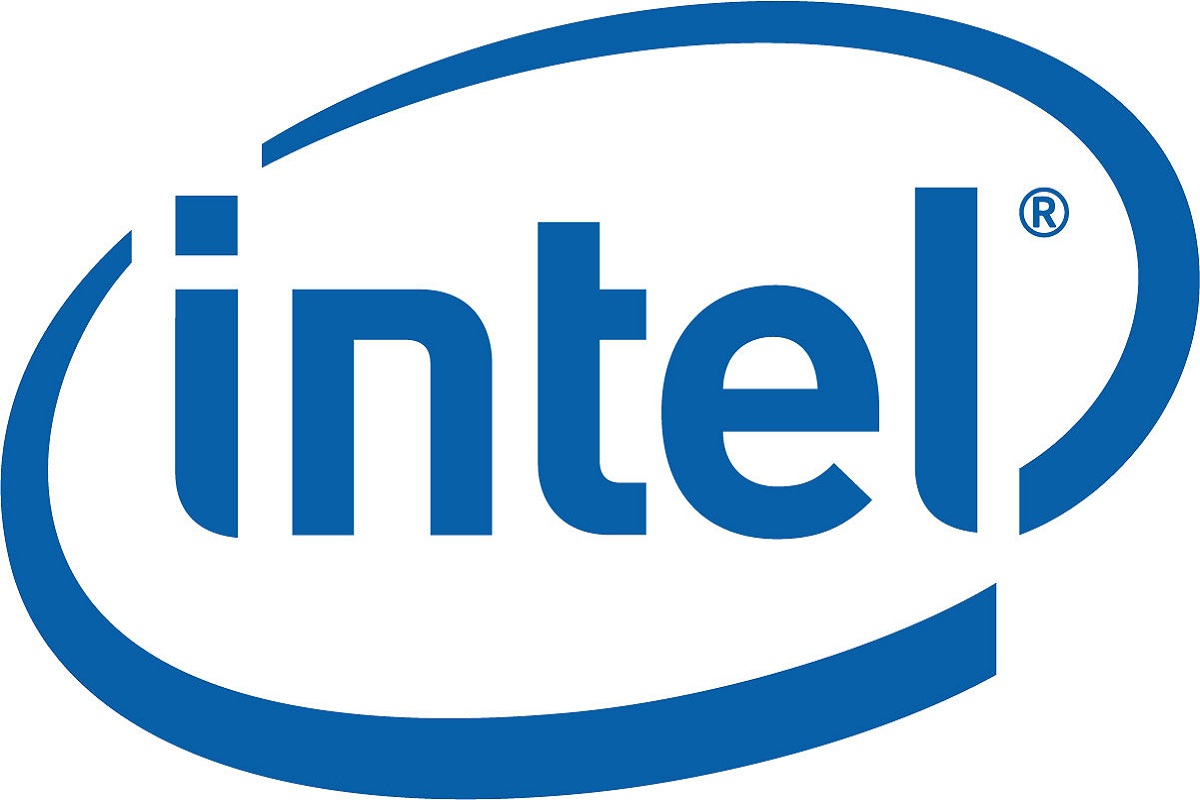Technology could hurt human rights, says UNESCO study
The internet and emerging innovations must be used ethically to work for people, not against them, warns UN report.


Sign up today and you will receive a free copy of our Future Focus 2025 report - the leading guidance on AI, cybersecurity and other IT challenges as per 700+ senior executives
You are now subscribed
Your newsletter sign-up was successful
The ubiquitous nature of new technologies could hurt human rights, according to a study by the United Nation's Educational, Scientific and Cultural Organisation (UNESCO).
In the report, "Ethical Implications of Emerging Technologies", UNESCO argues that the effects of the pace and breadth of future technologies must be considered.
"The quickening speed of technological evolution leaves little time to decision-makers, legislators and other major stakeholders to anticipate and absorb changes before being challenged to adapt to the next wave of transformation," wrote Abdul Waheed Khan assistant director-general for communication and information at UNESCO. "Lacking the time for lengthy reflection, the international community is often faced with immediate policy choices that carry serious moral and ethical consequences."
The study looked at the ethical implications of leading new technologies, including semantic web, digital ID management, radio-frequency identification (RFID) and sensors, location-based services, grid computing and other new computing methods.
For example, while biometrics, RFID and sensors can improve efficiency, access to public services and security, they could also be abused to allow extensive surveillance. A code of ethics must be developed to ensure technology works for people, not against them, study authors Mary Rundle and Chris Conley wrote.
"The first infoethics goal, derived from the Universal Declaration of Human Rights, establishes the fundamental priority of putting technology in the service of human rights," they wrote in the report.
Sign up today and you will receive a free copy of our Future Focus 2025 report - the leading guidance on AI, cybersecurity and other IT challenges as per 700+ senior executives
Freelance journalist Nicole Kobie first started writing for ITPro in 2007, with bylines in New Scientist, Wired, PC Pro and many more.
Nicole the author of a book about the history of technology, The Long History of the Future.
-
 Unilever taps Google Cloud to drive business transformation, 'agentic commerce' gains
Unilever taps Google Cloud to drive business transformation, 'agentic commerce' gainsNews The deal will create a new model for how consumer packaged goods brands are discovered and bought, according to Unilever
-
 Vast majority of breaches enabled by preventable gaps, says Palo Alto Networks
Vast majority of breaches enabled by preventable gaps, says Palo Alto NetworksNews Identity controls and better understanding of threat surface are key to rebuffing increasingly threatening cyber attacks
-
 HPE launches ‘world’s first’ solar-powered supercomputer Hikari to solve Zika virus
HPE launches ‘world’s first’ solar-powered supercomputer Hikari to solve Zika virusNews Nearly a third of total power used by supercomputer supplied by renewable energy sources
-
 Intel confirms Altera purchase: What happens next?
Intel confirms Altera purchase: What happens next?Analysis The acquisition will enable Intel to integrate Altera's FPGA products to meet customers' IoT and data centre needs
-
 ARM unveils mbed OS for Internet of Things
ARM unveils mbed OS for Internet of ThingsNews Free OS could help developers speed up IoT products and devices, it is hoped
-
 AMD buys into cloud server market with SeaMicro
AMD buys into cloud server market with SeaMicroNews The acquisition of SeaMicro will give the chip manufacturer a clear entrance into the cloud.
-
 SAP splashes £2.18bn on SuccessFactors
SAP splashes £2.18bn on SuccessFactorsNews The firm boosts their business software with the inclusion of Human Capital Management.
-
 AMD launches 16-core chips for cloudy goodness
AMD launches 16-core chips for cloudy goodnessNews The 16-core chips should benefit cloud users looking for scalability and efficiency.
-
 Fujitsu returns to UK supercomputing
Fujitsu returns to UK supercomputingNews The HPC Wales project gets a boost as Fujitsu signs up to provide the initiative's distributed grid.
-
 SETI boosted by nVidia CUDA tech
SETI boosted by nVidia CUDA techNews Nvidia's latest CUDA powered graphics chips helping hunt aliens - in real-life rather than in games.
